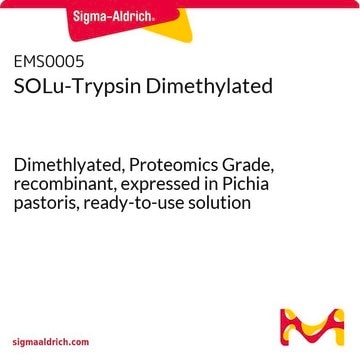492620
Formaldehyde-d2 solution
~20 wt. % in D2O, 98 atom % D
Synonyme(s) :
Deuterated formaldehyde, Formalin-d2
About This Item
Produits recommandés
Pureté isotopique
98 atom % D
Niveau de qualité
Concentration
~20 wt. % in D2O
Technique(s)
protein expression: suitable
Changement de masse
M+2
Chaîne SMILES
[2H]C([2H])=O
InChI
1S/CH2O/c1-2/h1H2/i1D2
Clé InChI
WSFSSNUMVMOOMR-DICFDUPASA-N
Description générale
Application
Conditionnement
Mention d'avertissement
Danger
Mentions de danger
Classification des risques
Acute Tox. 3 Inhalation - Acute Tox. 4 Dermal - Acute Tox. 4 Oral - Carc. 1B - Eye Irrit. 2 - Muta. 2 - Skin Irrit. 2 - Skin Sens. 1 - STOT SE 3
Organes cibles
Respiratory system
Code de la classe de stockage
6.1C - Combustible acute toxic Cat.3 / toxic compounds or compounds which causing chronic effects
Classe de danger pour l'eau (WGK)
WGK 3
Point d'éclair (°F)
Not applicable
Point d'éclair (°C)
Not applicable
Faites votre choix parmi les versions les plus récentes :
Déjà en possession de ce produit ?
Retrouvez la documentation relative aux produits que vous avez récemment achetés dans la Bibliothèque de documents.
Les clients ont également consulté
Notre équipe de scientifiques dispose d'une expérience dans tous les secteurs de la recherche, notamment en sciences de la vie, science des matériaux, synthèse chimique, chromatographie, analyse et dans de nombreux autres domaines..
Contacter notre Service technique






![Tris[2-(dimethylamino)ethyl]amine 97%](/deepweb/assets/sigmaaldrich/product/structures/695/792/ee0ff167-22a3-43a7-83a1-6c4908adf0ae/640/ee0ff167-22a3-43a7-83a1-6c4908adf0ae.png)










